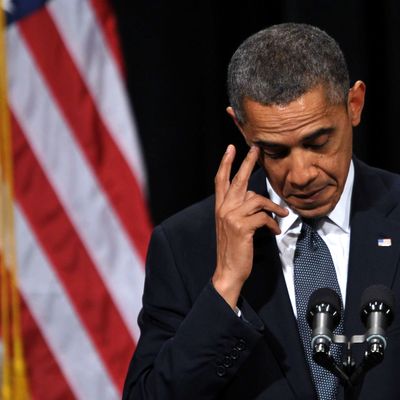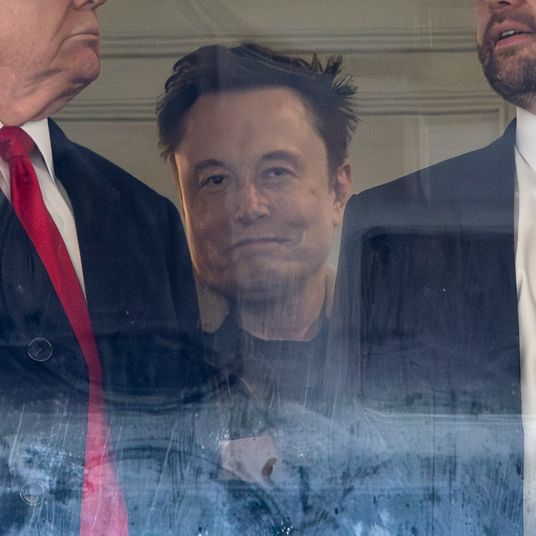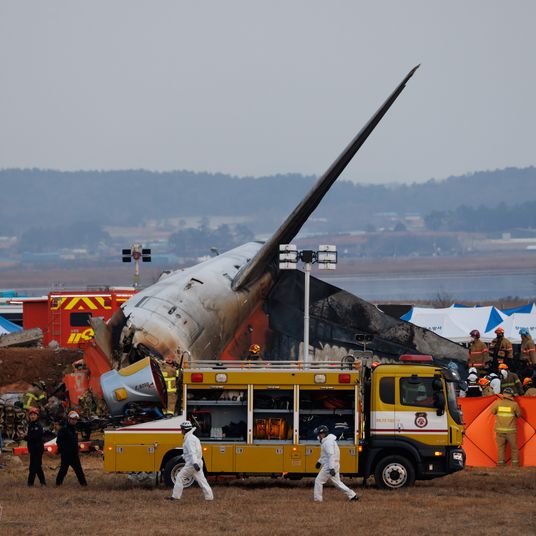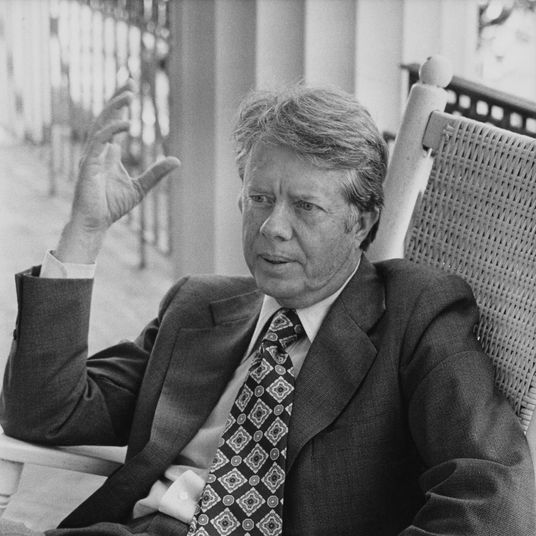
If there is any good that came of the massacre at Sandy Hook Elementary School, it is that the informal stricture against “politicizing tragedy” enforced by the gun lobby and its allies, and generally complied with by the news media, crumpled, in something akin to a mass act of civil disobedience. The injunction against politicizing tragedy was itself political; now the rest of us are politicizing it back.
The trouble is that most gun-control advocates are politicizing it the wrong way, in a way that’s deeply naive, and likely to crash quickly on the shoals of disillusionment. Michael Bloomberg emblemized the naivete when he spoke for vast swaths of America — and especially center-left America — yesterday:
It’s time for the president, I think, to stand up and lead and tell this country what we should do — not go to Congress and say, “What do you guys want to do?” This should be his number one agenda. He’s president of the United States. And if he does nothing during his second term, something like 48,000 Americans will be killed with illegal guns.
Several years ago, Gene Healy wrote a book called The Cult of the Presidency, which offers one of the most enduring insights into our political culture. Americans, Healy argued, have come to regard the president as a national father figure and mythical monarch, a cultural understanding that is impossible to reconcile with the limited and enumerated powers the presidency shares with co-equal branches of government.
Healy’s analysis is essential for understanding Bloomberg’s plea, and the general outpouring of emotion directed at President Obama in the wake of the murders at Sandy Hook Elementary School. There are powers Obama may have and things he can do, but preventing 48,000 deaths is not among them. When Obama promised last night to “use whatever power this office holds,” he was in all likelihood committing himself to far more limited steps than the poetry of his address might have implied or that his supporters may have hoped, because the powers of just one branch of government over law is very finite.
One bit of fuzzy thinking that has crept into the debate is a conflation between America’s epidemic of routine gun violence and America’s epidemic of mass murders. Both may be horrific stains upon our national fabric, but they are different things, and very different in scales, requiring different solutions. Routine gun violence — hunting accidents, burglaries, heated arguments — kill orders of magnitude more people than the four mass murders to which Obama referred.
If you have lost a loved one, it doesn’t really matter if they were killed alone or killed en masse. It matters, of course, to the rest of us. Massacres are visceral events that seize the entire nation’s attention. I have almost always found myself in the uncomfortable and slightly guilty position of feeling no emotion at all in the face of what most others see as gut-wrenching events. I was a nonplussed eighth grader unable to understand why my classmates were distraught — even crying! — at the explosion of the Challenger, a pattern that has repeated itself through episodes of national grief, catharsis, and joy for everybody, it seemed, but me. But parenthood has transformed me into a weepy, emotional wreck when it comes to matters relating to children. When the news struck Friday, I was too distraught to even think about it. I spent the afternoon not following the news, which is my job, but avoiding it assiduously, finding distractions to avoid contemplating something so painful I couldn’t let it seep into my mind without pushing it away.
All this is to say I fully share the utter emotional devastation that is naturally metastasizing into broad hopes of political reform. It is natural to think that the emotional magnitude of the massacre must therefore have some proportion to its magnitude as a political event. But this is just as untrue as the comforting fallacy that every great tragedy must do some good. Some things have changed since Friday, but most have not.
The first obstacle still standing is that the vast bulk of American gun violence would not be stopped by banning military-style weapons, but would require not only halting the sale but probably also confiscating regular handguns. (Rifles of all kinds accounted for just 323 of the 12,664 murders victims last year.) Such a step would run into a wall of massive opposition from the public, which opposes a general handgun ban by about a three to one margin, but also the Supreme Court, which has interpreted the Second Amendment not as the preservation of militias but as a right to private gun ownership, and has thus struck down handgun bans.
So we’re left for the foreseeable future with far more limited measures, like more extensive background checks and bans on semiautomatic weapons or large ammunition clips. Such steps command strong public support. But, worthwhile though they may be, we are not even talking about ending mass shootings but attempting to make them a less frequent and a bit less deadly — worthwhile reforms, but not transformative ones.
And even such halting progress is limited in the short run to whatever unilateral executive steps Obama can undertake. Those that require Congressional action simply have no chance of passage anytime soon. The House Republican caucus is dominated by ultraconservatives whose members reside in safe districts, and whose only chance of defeat is at the hands of a potential conservative primary challenge. Obama cannot sign any new gun laws unless they are passed by the House, the House will not pass any meaningful gun restrictions as long as it is controlled by Republicans, and Republicans will almost surely maintain control of the House until 2020, when the districts are redrawn.
I point this out not to counsel despair but to provide a bracing roadmap of the hard political work that lies ahead. Democrats will have to decide among themselves to support a set of gun measures, and then sell those gun measures to the public continuously, rather than just in the few days after a major massacre. In such a way, the party can prepare itself to enact its agenda the next time it has control of the levers of power.
I would love for the outpouring of national grief and rage to crest into an unstoppable wave of sweeping reform that carries all of Washington along with it. But I fear those hoping for such an outcome will only find disappointment and swing over to full apathy. We overestimate the importance of fleeting sentiment. When Ted Kennedy died, it was widely held that Senate Republicans would soften their opposition to Kennedy’s beloved health-care reform out of devotion to their beloved colleague. It was absurd. The feeling mattered not a whit. All that mattered was who had the votes. Right now, gun-safety advocates don’t. If any victories lie ahead, they will not come out of great moments of national unity. They will be incremental and slow, and require the long hard work of politics.






























